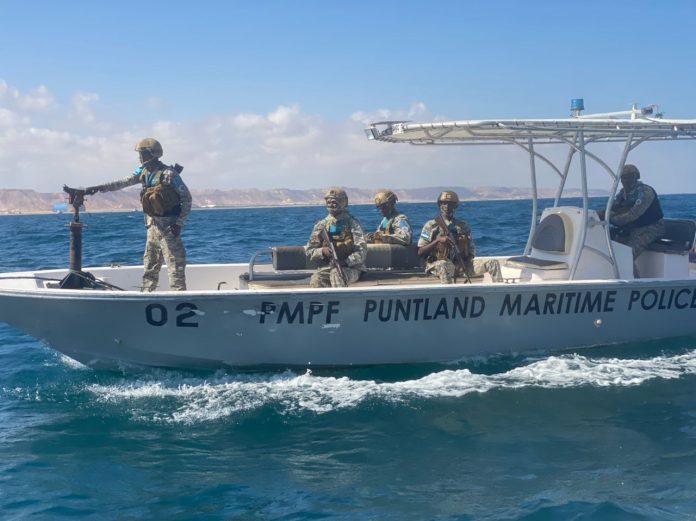NAIROBI, Kenya (KAAB TV/ Horn Observer) – US intelligence has uncovered discussions between the Houthi rebels in Yemen and the Somali militant group al-Shabaab regarding the provision of weapons, according to three American officials who spoke to CNN.
This development poses a significant threat to an already unstable region, potentially exacerbating violence and instability.
This revelation follows months of investigative reporting by Kaab TV and Horn Observer, which highlighted the intricate connections between Al-Shabaab in Somalia, the Houthis in Yemen, and the resurgence of piracy along the lawless Somali coast.
In March, Kaab TV reported that Somali pirates had deployed anti-aircraft weapons on a hijacked ship in the Red Sea. This followed intelligence reports suggesting a possible deal between the pirates, Al-Shabaab, and the Houthi militia.
This latest intelligence indicates that US officials are now actively seeking evidence of Houthi weapons deliveries to Somalia and are exploring whether Iran, a known supporter of the Houthis, is involved.
In recent weeks, the US has warned countries in the region about this potential cooperation, according to a senior administration official. African nations have also proactively raised their concerns with the US, seeking more information.
“This is a pretty active area of conversation that we’re having with countries on both sides of the Red Sea,” an intelligence source told CNN. “And it’s being viewed with considerable seriousness.”
Sectarian differences
While the Houthis and Al-Shabaab have no historical alliance due to sectarian differences—the Houthis are Zaydi Shiites, whereas al-Shabaab has traditionally opposed Shiism—both groups share a common enemy in the United States and are separated only by the Gulf of Aden.
This strategic proximity, as reported by CNN, raises the alarming prospect of a “marriage of convenience” that could escalate conflict both in Somalia and the Red Sea region.
For the Houthis, a weapons deal could provide a crucial new revenue stream at a time when US officials believe Iran may be reassessing its support strategy.
“Being able to sell some weapons would bring them much-needed income,” said a senior administration official.
For al-Shabaab, the deal could mean access to more sophisticated weaponry, including drones, enhancing their capacity to strike US targets.
While there has been routine smuggling of small arms and commercial materials between Yemen and Somalia for years, US officials believe a formal weapons agreement between al-Shabaab and the Houthis would mark a significant escalation.
In December, Horn Observer revealed that al-Shabaab was already negotiating with pirates and the Houthi militia, involving weapons procurement and other criminal activities.
A security official in central Somalia has implicated powerful clan militia groups in arms trafficking from Yemen to Somalia, a claim corroborated by Puntland State officials following a violent clash on the Bosaso coast in May.
This clash, involving clan militias and local police, resulted in several casualties and highlighted the ongoing issue of arms smuggling.
The UN Security Council’s partial lifting of Somalia’s three-decade-old arms embargo in December has sparked concerns among local experts and civil society groups.
Many fear that easing the embargo could facilitate the flow of illicit arms due to Somalia’s porous borders.
(Joint reporting by Kaab TV and Horn Observer)


